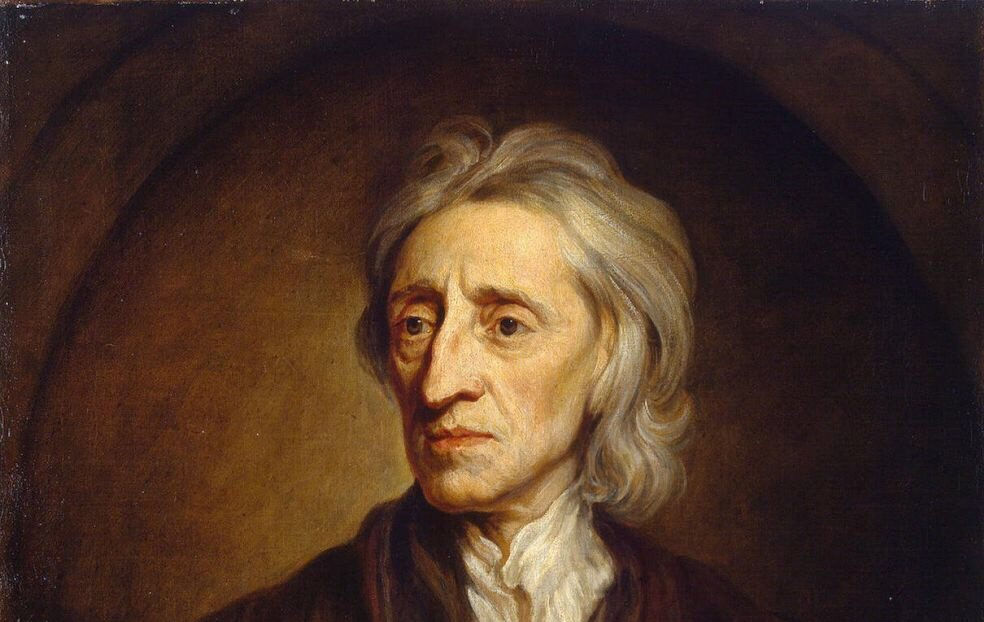
Scholarship in Early Modern Philosophy
CALLS FOR APPLICATIONS, PROPOSALS AND PAPERS
2025 DEADLINES
Call for Proposals/Applications
The History of Philosophy Forum at the University of Notre Dame
The History of Philosophy Forum at the University of Notre Dame is pleased to announce the Call for Applications for two of our grant programs: 1) the Summer Writing and Research Grants, and 2) the Small Grants Program.
-
The Summer Writing and Research Grant program invites applicants working on research projects in the history of philosophy (broadly construed) who are interested in visiting Notre Dame for writing and/or research during the summer of 2026. Recipients are given access to Notre Dame's world-class library and are provided free accommodation for one month in a furnished visiting faculty apartment next to campus.
-
The Small Grants Program supports international scholars with research projects in the history of philosophy that could benefit from a stay at the University of Notre Dame during the academic year 2026-2027. The grant can only be used for travel and accommodation. Eight total awards of up to $3,500 are available. This program is open to all scholars working in the history of philosophy with primary affiliation at an institution outside the U.S. We ask that applicants contact one of our faculty affiliates before submitting their applications.
This year, we especially welcome applications that have some thematic relationship to our current research cluster, “Historical Traditions of Ethics." However, the grants are open to all projects in the history of philosophy (broadly construed).
The submission deadline for both applications is February 1, 2026.
More information about the programs, as well as a link to submit the online application, can be found at https://historyofphilosophy.nd.edu/grants/.
Call for Applications
Journal of the History of Philosophy Summer Seminar
Dates: June 14–19, 2026
Location: University of Massachusetts Amherst
Topic: “Early Modern Debates About Slavery”
Instructor: Julia Jorati (Professor, University of Massachusetts, Amherst)
Course Description:
In 17th and 18th-century Europe and America, there were intense debates about various aspects of slavery. These debates form a crucial but understudied part of the history of early modern philosophy. They contain discussions about many central philosophical questions and often approach these questions from surprisingly different angles—for instance, questions from moral and political philosophy, metaphysics, philosophy of mind, and epistemology. In this seminar, we will analyze a few early modern texts about slavery by canonical authors and by authors who aren’t widely known but whose contributions are at least as important.
Application: Applicants should send a letter of interest and CV to Prof. Eileen Sweeney by using this form.
Qualifications: PhD in the topic area of the seminar received no earlier than January 1, 2021 and no later than January 1, 2026. AOS in the area relevant to the seminar and a good reading knowledge of the necessary language(s) is required.
Deadline for submission: The deadline for applications is February 1, 2026. Notifications will be made by March 15, 2026.
Call for Papers
Atlantic Canada Seminar in Early Modern Philosophy, 2026:
The twenty-third annual meeting of the Atlantic Canada Seminar in Early Modern Philosophy will be held at Dalhousie University, Halifax, Nova Scotia from July 08 - 10, 2026. Like similar seminars in other parts of the world, the Atlantic Canada Seminar is an informal group, formed to foster interaction among scholars of Seventeenth and Eighteenth Century (Early Modern) Western philosophy. All are welcome to submit papers. The format of the seminar is generally in-person only for presenters from North America, with a possibility for scholars outside North America Zooming in. Auditors will also be able to attend via Zoom. (Check the website or contact me for information on that.) Papers on any subject in Early Modern Western Philosophy (roughly, the period from Montaigne up to and including Kant) are welcome. Reading times are approximately 50 minutes with 30 minutes for discussion. There are no concurrent sessions. A few speakers are invited, though most participants will be vetted through a selection process that includes external refereeing. Reports will usually be available to authors. We make space for some graduate students. (If you are a graduate student, please indicate.) Non-presenters are also welcome to attend and will be included in all our activities and listed on the program. No funding is provided (this also applies to invited speakers) but breakfasts, lunches and snacks are provided, and inexpensive accommodations in university-residence housing is available, in addition to a variety of hotel accommodations in the vicinity of the conference. The website of the conference is linked to the homepage of the Department of Philosophy, Dalhousie University. Its’ URL is: https://www.dal.ca/sites/acsemp.html .
The deadline for submitting abstracts (of approximately 750 words) is 15 March, 2026. We will try to have the program available by May 01, 2026. Information on accommodations and travel will be available at that time.
Abstract preparation. Please send 2 files of your abstract. The first file should contain the title, date of submission, your abstract and your name and affiliation as you would like it to appear on the program, in MS Word, with the file name as in this example, where Tom Vinci is the submitter and Descartes is the topic of the submission; ”vinci.tom_Descartes_abstr_identified.docx”. The second file should be prepared for blind review – no identifying information in the text -- with the file name as in this example: “vin_Descartes_abstr_blind.docx”.
Halifax is a beautiful port city, and July-August is
temperate with generally fair weather. For more information on Halifax, visit:
To obtain further information, please contact
Tom Vinci at the following address.
Professor Tom Vinci (Ret.d)
Department of Philosophy
Dalhousie University
6135 University Ave, Rm. 1142
Halifax, NS, B3H 4R2
Canada.
Dept phone: 902 494 3810
Fax: 902 494-3518
Cell: 902 880 8919
My email: vinci@dal.ca